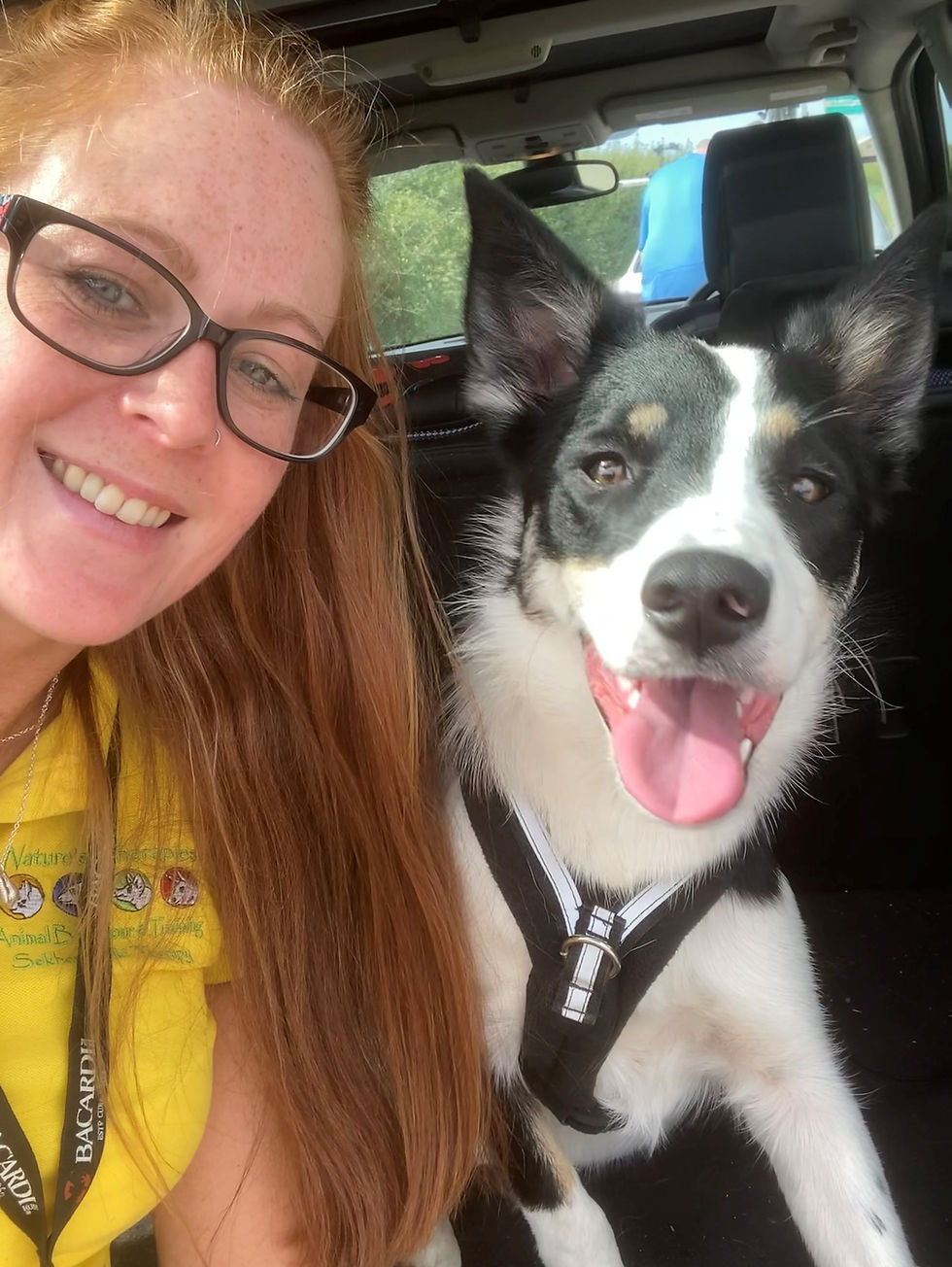How to help your pets cope when you go back to 'normality'
- Liz Marden

- Jun 9, 2020
- 2 min read
Updated: Dec 31, 2020
We have certainly been living through a strange time since lockdown came in to force and our daily routines went off-piste, but it has also been a strange time for our animals to contend with too! We have been home more; routines have changed, and we have been perhaps more stressed and anxious than normal. All these things can affect our pets emotionally and mentally and its important that we make sure we are helping them to cope during this time and later be able to cope when things ‘change’ again and go back to normal - as they say prevention is better than cure.
Separation anxiety is a complex behavioural problem that some pets can experience when they are left on their own, or when their key caregiver goes out without them. It is often mistakenly thought that this can only occur with dogs, whereas in fact it can happen with any animal who enjoys social company such as birds, cats, horses, rabbits etc. It can present itself in many different ways such as barking, destructive behaviours, lack of appetite, toileting indoors, self-mutilation (fur pulling) etc. but can also sometimes be silent.
So, what can we do to prevent separation anxiety from developing?

- Keep to your ‘normal’ (when not in lockdown) routine as much as possible – this includes feeding your pet at the same times you normally would every day.
- Have pet free zones in the house such as upstairs or a room where you can go to have a little alone time away from your pet.
- Give your pet retreat zones, where they can take themselves off to and not be disturbed by anyone in the house while they are there. Lack of sleep can lead to being grumpier and less able to emotionally and mentally cope.
- Go out without your pet. This can be a strange one to get your head around to begin with but with us being home and especially since we are now allowed to exercise more, people are taking their dogs on longer walks than they normally would or perhaps for more walks than normal. This has sadly led to some dogs suffering from over exercising related health issues.

- Give interactive toys like Kong and Tug-E-Nuff where they do not need your presence (once set up/ filled with treats) to play with them, so that they learn to entertain themselves.
If you suspect that your pet may already suffer from separation anxiety, or you have seen problem or unwanted behaviours develop, please contact a qualified behaviourist such as myself, who will be able to give you a consult to then be able to provide you the best advice and treatment plan for your pets individual needs.
Stay safe and remember to be kind to yourself as well as those around you.
Liz Marden, Animal behaviourist – Nature’s Therapies www.natures-therapies.co.uk | 07738 268400 | liz.naturestherapies@gmail.com












Comments